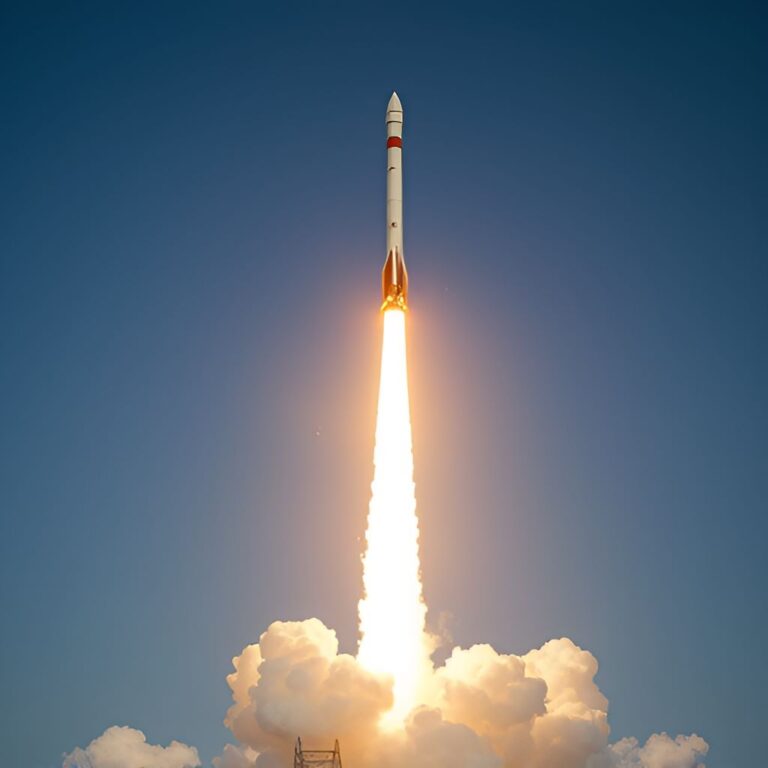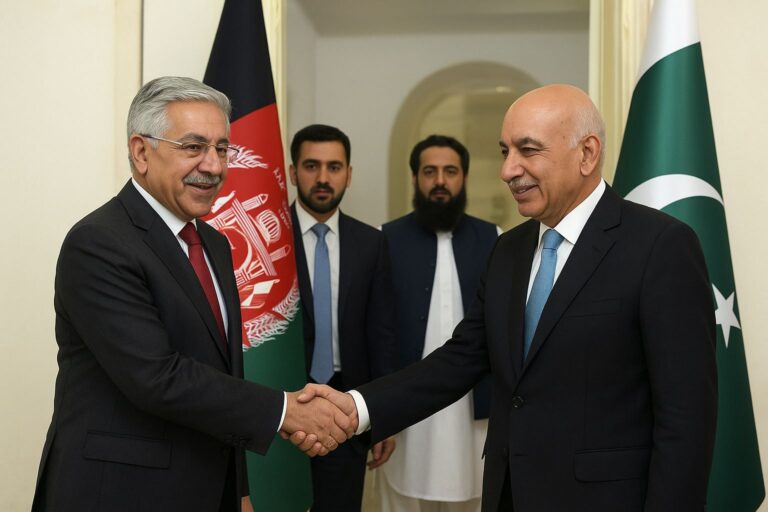
The Caretaker Government in Pakistan has decided to increase natural gas prices. They made this decision during an emergency meeting of the Economic Coordination Committee (ECC), and it impacts various sectors, including exports and compressed natural gas (CNG).
The ECC approved revised gas tariffs, raising rates to Rs. 2,400 per million British thermal units (mmbtu) for captive usage and Rs. 2,100 for the process export industry.
The decision was the result of discussions within the government, with some advocating for reduced gas costs for exporters and others wanting to discontinue subsidies.
For non-export industries, the ECC approved a rate of Rs. 2,500 per mmbtu, up from the previous Rs. 1,200.
The CNG sector saw a change in tariffs, with rates now set at Rs. 3,600 per mmbtu, down from the previous Rs. 4,400.
This increase in gas prices aims to promote efficient use, ensure sustainability, and balance affordability.
The government has been dealing with challenges related to dwindling natural gas reserves, leading to reliance on more expensive imported fuel.
Factors like currency devaluation and inflation have driven up gas-related costs.
Past governments controlled gas pricing, leading to issues with transparency and efficiency.
This lack of proper pricing and financing for imported gas diversion resulted in financial problems and a circular debt stock of PKR 2.1 trillion.
The government aims to balance affordability and sustainability, especially for protected consumers and businesses.
This change is necessary as Pakistan is under an IMF program that has abolished subsidies.
The recent gas price increase was the first in two and a half years.
The government’s failure to act would have led to a significant addition to the circular debt.
The new pricing structure aims to ensure no circular debt flow, practical affordability, and maximum accessibility for efficient gas users.
Only 30% of households in Pakistan have access to piped gas, with the rest using alternatives like LPG, biomass, wood, and cow dung.
The government has introduced fixed bills for protected consumers and aims to keep their monthly bills low.
For unprotected categories, tariffs are raised progressively based on income.
Certain essential sectors like roti tandoors remain unaffected by the price changes.
Fertilizer prices have been adjusted to align with the cost of gas from the Mari gas field, with a minimal increase to ensure food security.
Industry tariffs have been set to create a level playing field in different regions, considering international benchmarks.
The government aims to discourage captive gas usage and promote efficient use in sectors where alternative fuels are available.
Efficiency-adjusted costs for CNG are designed to be competitive with petrol, encouraging a transition to more efficient energy sources.




